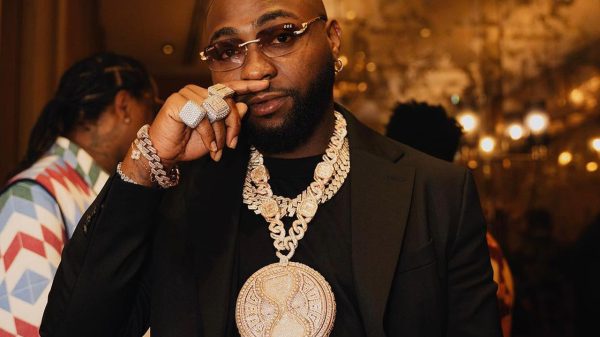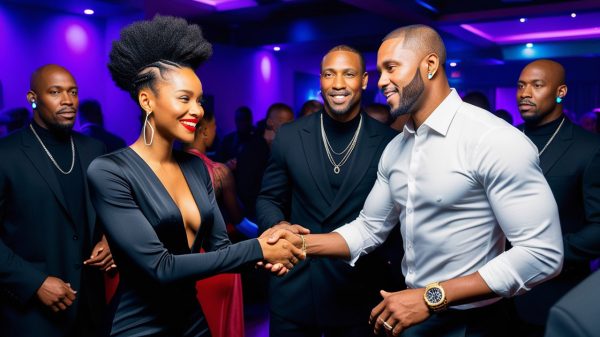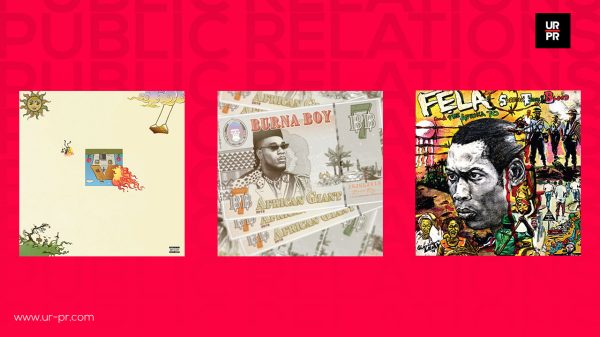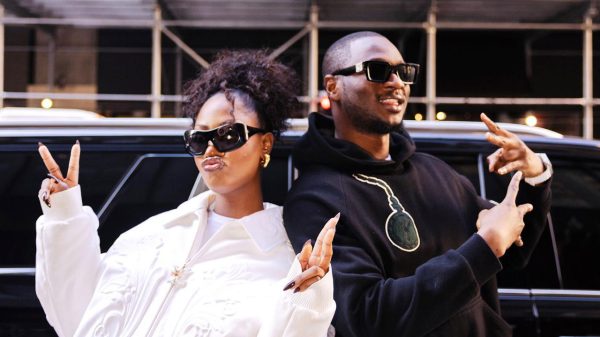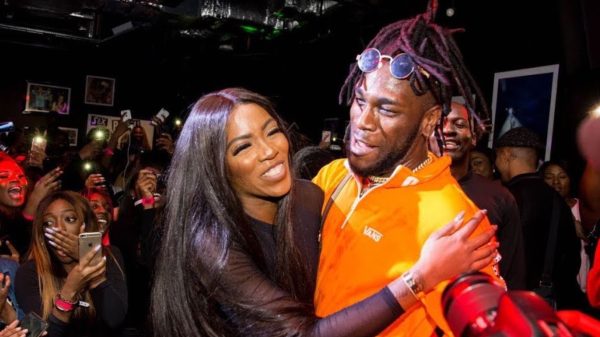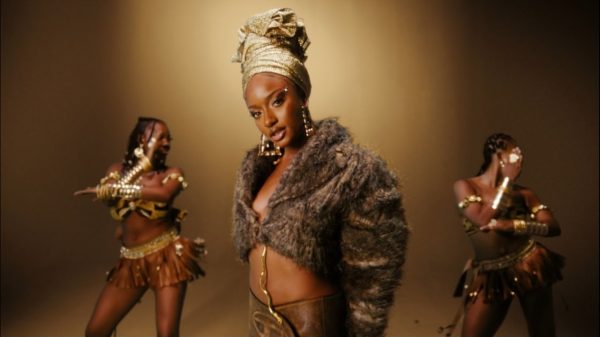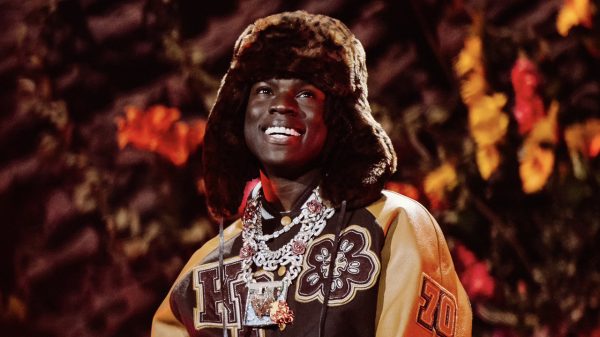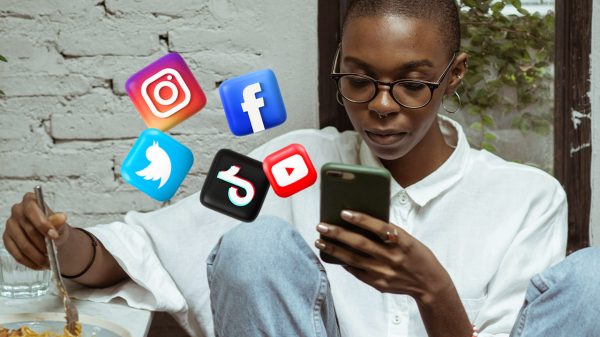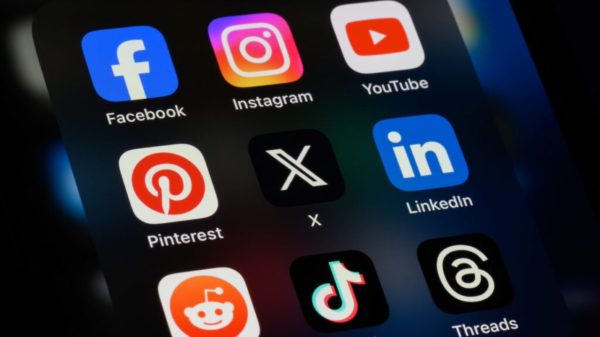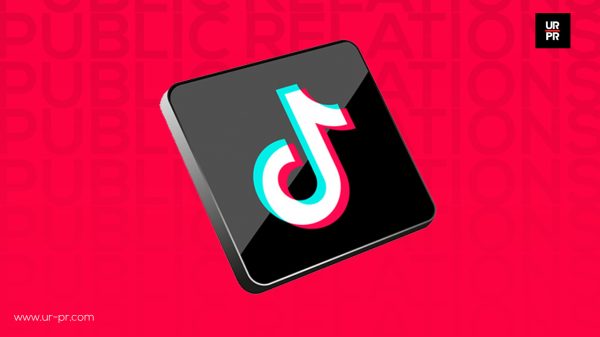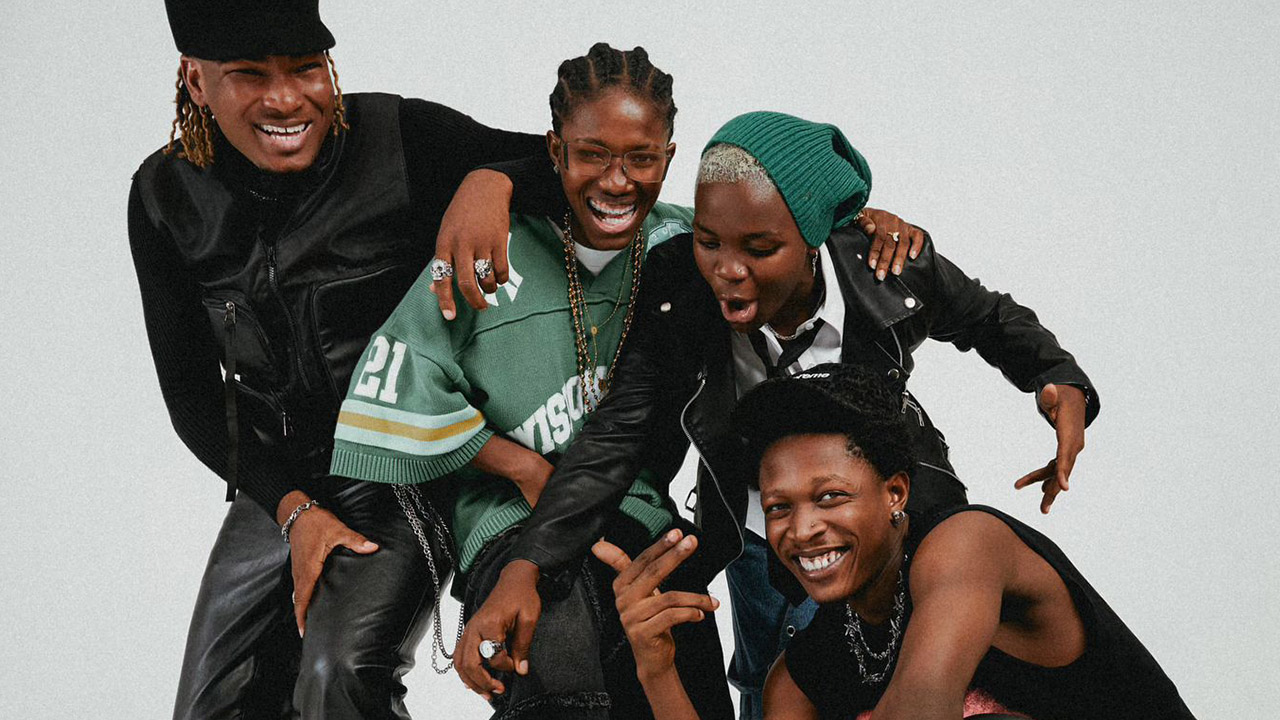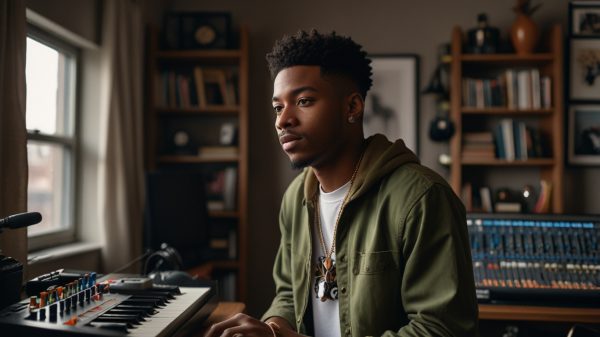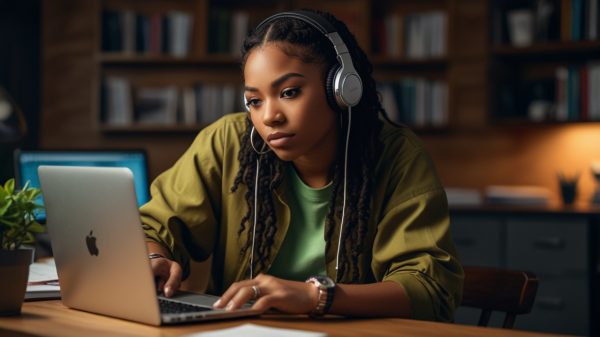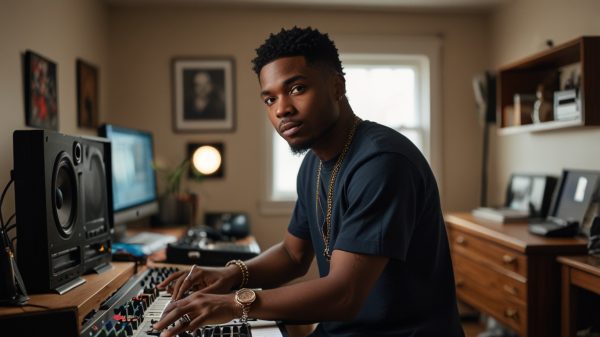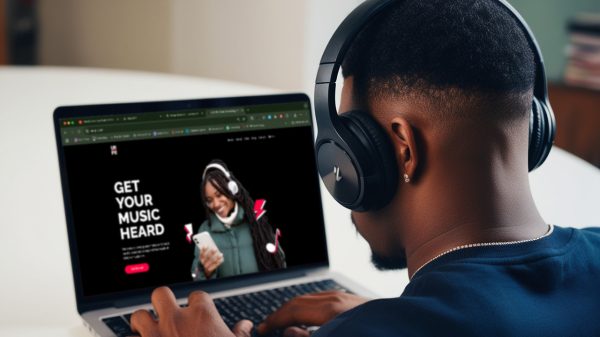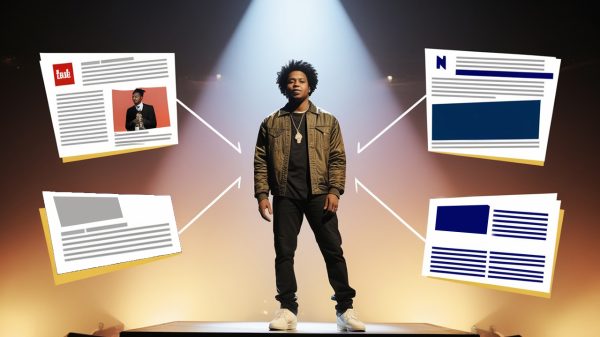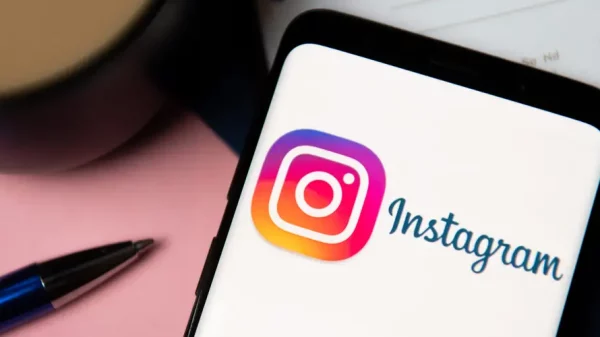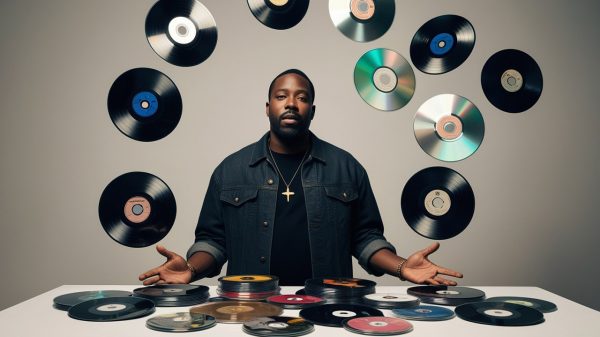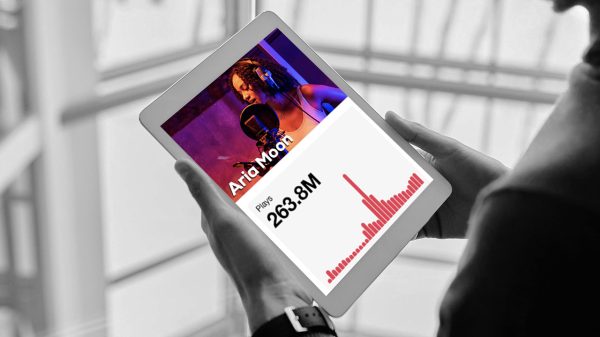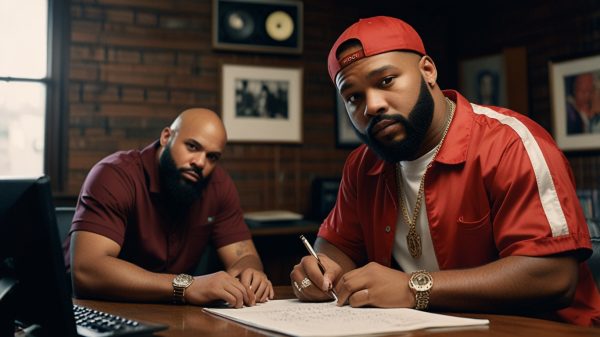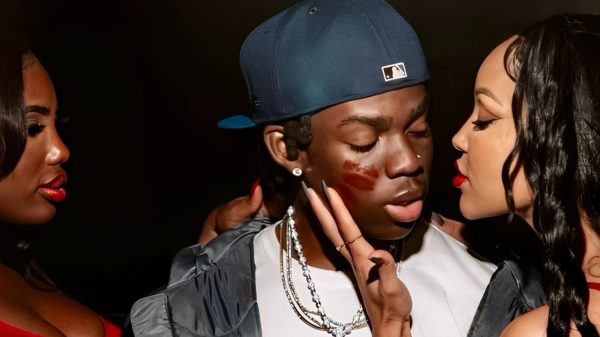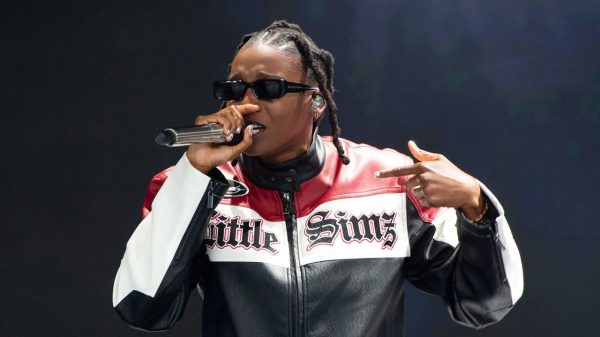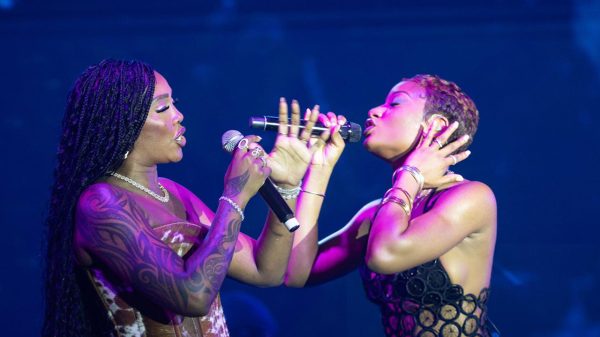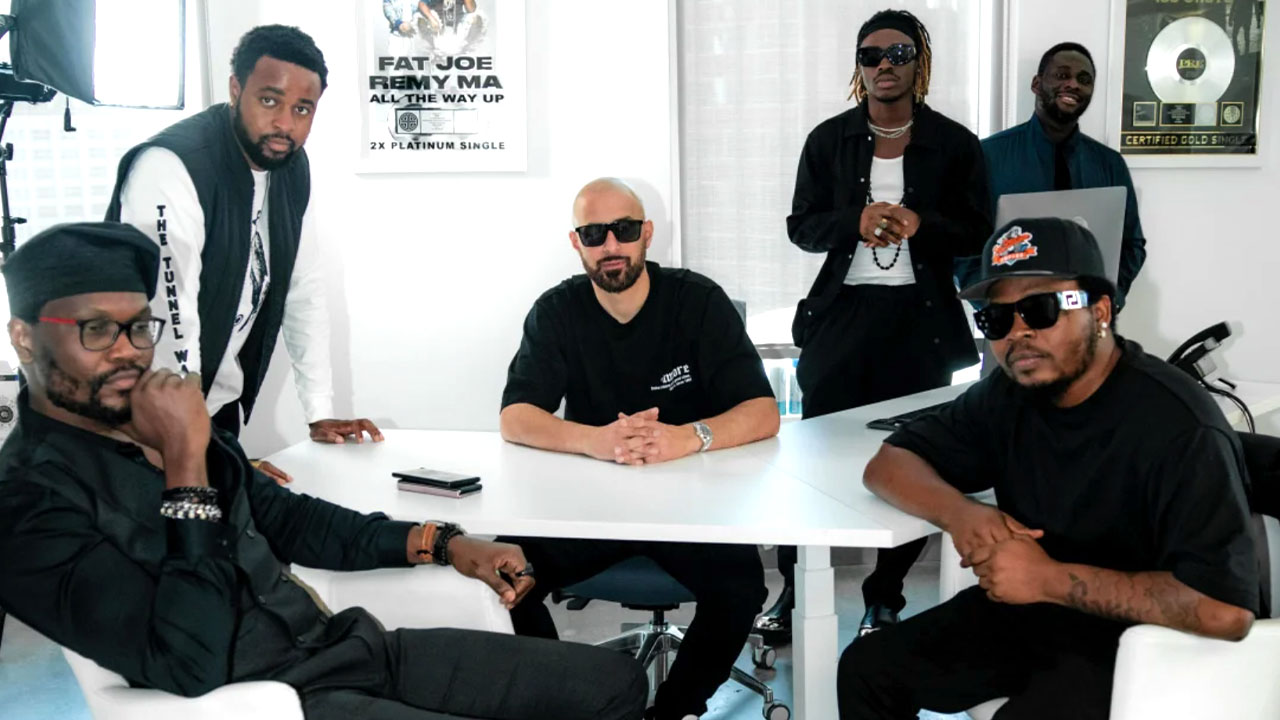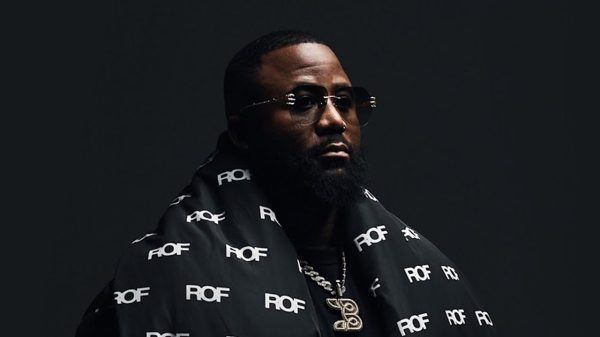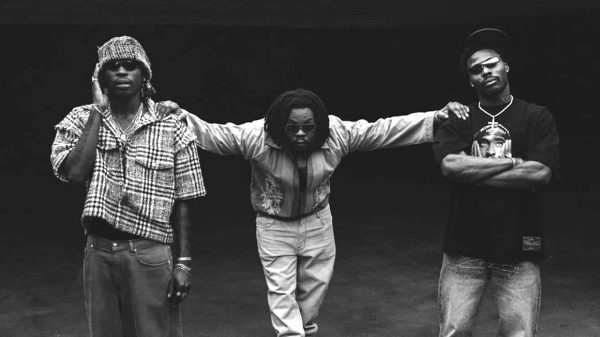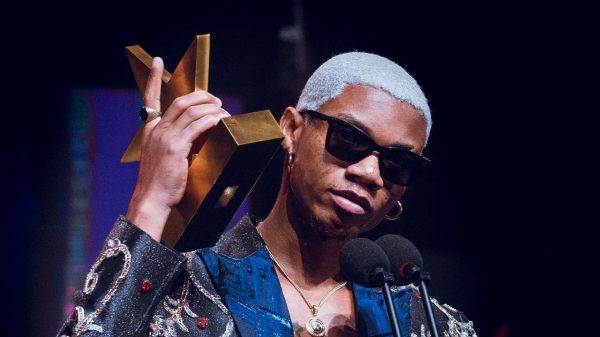The African music scene has seen tremendous growth over the past decade, with Nigerian and Ghanaian musicians at the forefront of this global movement. However, it’s noticeable that major record labels seem to favor Nigerian artists over their Ghanaian counterparts. Why is this the case? This article delves into the reasons behind this preference, exploring the industry dynamics, marketing strategies, and broader cultural influences that shape these decisions.
Market Size and Population
One of the primary reasons major record labels prefer Nigerian musicians is the sheer size of the Nigerian market. Nigeria is the most populous country in Africa, with over 200 million people. This large population translates into a significant domestic market for music consumption. Record labels see the potential for higher sales, more streams, and larger concert audiences in Nigeria, making it a more attractive market for investment.
Media Landscape and Exposure
Nigeria boasts a well-developed media landscape with numerous TV stations, radio channels, and digital platforms dedicated to promoting music. This extensive media infrastructure provides Nigerian musicians with multiple avenues to showcase their talents and reach a wide audience. International music channels like MTV Base and Trace often feature Nigerian music videos, giving them global exposure. In contrast, while Ghana has a vibrant media scene, it is not as expansive as Nigeria’s, limiting the reach of Ghanaian artists.
Industry Infrastructure
The music industry infrastructure in Nigeria is more robust compared to Ghana. Nigeria has established record labels, management companies, and distribution networks that support artists in various aspects of their careers. This comprehensive support system allows Nigerian musicians to focus more on their craft, knowing that the business side is well-handled. In Ghana, the industry infrastructure is still developing, and many artists have to juggle both creative and business responsibilities, which can be challenging.
Financial Investment
Nigerian musicians often have access to more substantial financial resources. This funding comes from various sources, including record labels, endorsements, and personal investments. With more money, Nigerian artists can produce high-quality music videos, organize large-scale promotional events, and run extensive marketing campaigns. These activities significantly boost their visibility and appeal to major record labels looking for well-rounded, marketable artists. Ghanaian musicians, while talented, may face more financial constraints, limiting their ability to compete on the same level.
Branding and Image
Branding is crucial in the music industry, and Nigerian musicians excel in this area. They invest heavily in creating a compelling image and narrative that resonates with fans. From fashion to social media presence, Nigerian artists present a cohesive and attractive brand that appeals to both local and international audiences. In contrast, Ghanaian musicians sometimes lag in creating a strong brand identity. They often focus more on the music itself, which, while important, may not be enough to capture the attention of major record labels.
Collaborations and Networking
Nigerian musicians are known for their strategic collaborations and networking skills. By collaborating with other popular artists, both within and outside Nigeria, they tap into new fan bases and increase their visibility. These collaborations often result in cross-border hits that dominate charts across Africa and beyond. Ghanaian musicians also collaborate, but the scale and impact are usually smaller. Increasing such collaborations can help Ghanaian musicians gain more traction globally.
Digital Presence and Social Media
In the digital age, a strong online presence is essential for any musician. Nigerian artists are particularly adept at using social media platforms like Instagram, Twitter, and TikTok to engage with fans, promote their music, and create viral content. They understand the power of digital marketing and often employ professional social media managers to maintain a robust online presence. Ghanaian musicians also use social media effectively but may not always have the same level of strategic planning or resources to maximize their impact.
Local and International Appeal
Nigerian music, particularly Afrobeats, has gained significant international appeal. Artists like Burna Boy, Wizkid, and Davido have successfully crossed over to global markets, attracting international record labels. This global appeal makes Nigerian musicians more attractive to major labels looking to expand their reach. While Ghanaian music, especially Highlife, has its own unique charm and dedicated following, it has not yet achieved the same level of global penetration as Nigerian music.
Case Studies: Success Stories
Asake’s Meteoric Rise with YBNL Nation and EMPIRE Partnership
Since signing with Olamide’s YBNL Nation in early 2022, Asake’s career has seen a rapid ascent, largely fueled by YBNL’s strategic partnership with EMPIRE, a global distribution company. This deal allowed Asake to reach a wider international audience, leading to his debut album, Mr. Money with the Vibe, becoming one of the most streamed Afrobeats albums globally. The album produced several chart-topping hits like “Sungba” and “Terminator,” earning Asake numerous awards and solidifying his position as a leading voice in Afrobeats. His success under YBNL and EMPIRE has been marked by sold-out tours, record-breaking streaming numbers, and an expanding fanbase across Africa, Europe, and the United States.
Burna Boy’s Global Domination with Atlantic Records
Burna Boy’s journey to global stardom took a crucial turn after the release of his albums On A Spaceship (2015) and Redemption (2016). During this period, a pivotal meeting over dinner at 805 Restaurant in South London introduced him to Kirk Harding and Matthew ‘Baus’ Adesuyan, who were part of Atlantic Records’ joint venture, Bad Habit. This connection led to his signing with Atlantic Records in 2017, a move that significantly expanded his international reach. Under Atlantic, Burna Boy released African Giant in 2019, earning a Grammy nomination and international acclaim. His next album, Twice as Tall (2020), won the Grammy for Best Global Music Album, establishing him as a global music icon. The strategic partnership with Atlantic Records has allowed Burna Boy to collaborate with top international artists, perform on world-renowned stages like Coachella, and dominate global charts, showcasing how a well-timed industry linkup can transform an artist’s career.
Moving Forward: Opportunities for Ghanaian Musicians
For Ghanaian musicians, there are valuable lessons to be learned from their Nigerian counterparts. Investing in branding, engaging in strategic collaborations, and leveraging digital marketing more effectively can significantly enhance their reach. Additionally, building a more robust industry infrastructure in Ghana can provide artists with the support they need to succeed.
Nigerian musicians, while ahead in many aspects, can also benefit from the authenticity and grassroots connection that characterizes the Ghanaian music scene. Balancing high-quality production with genuine fan engagement can create a more sustainable and relatable brand.
Frequently Asked Questions (FAQs)
Are there record labels in Ghana?
Yes, Ghana has record labels, but they are often described as talent development agencies due to limited resources. Some notable labels include Lynx Entertainment (home to KiDi and Kuami Eugene), Black Avenue Muzik (D-black), and RuffTown Records (Wendy Shay).
Who is the biggest record label in Nigeria?
Mavin Records is considered the biggest record label in Nigeria. Founded by Don Jazzy, Mavin Records has produced some of the most successful artists in Africa.
Are international record labels responsible for popularizing Afrobeats?
International record labels have played a significant role in popularizing Afrobeats by providing artists with the resources and platforms needed to reach a global audience. However, the genre’s popularity is also driven by the creativity and talent of African musicians themselves.
What is the most successful African-owned record label?
Mavin Records is widely regarded as the most successful African-owned record label, known for its roster of talented artists and impactful contributions to the music industry.
Who owns the biggest record label in Africa?
Gallo Record Company, based in South Africa, is one of the largest and oldest independent record labels in Africa. It has a rich history and a significant influence on the African music industry.
What are the 3 biggest record labels in Africa?
The three biggest record labels in Africa are Mavin Records, Gallo Record Company, and YBNL Nation. These labels have produced numerous successful artists and have a significant impact on the African music scene.
Is Sarkodie under a record label?
Sarkodie is an independent artist. According to him, he has been approached by many labels but prefers to stay independent to maintain control over his career.
Did Don Jazzy sell Mavin Records?
Technically no. Don Jazzy just has sold a majority stake in Mavin Records to Universal Music but still retains a significant share and continues to lead the label.
Which African artist is under Empire record label?
Several African musicians have partnership deals with Empire Distribution, including Olamide, Fireboy DML, Asake (via Olamide’s record label — YBNL Nation), Bnxn, Black Sherif, Timaya and Kizz Daniel. KiDi and Kuami Eugene also have deals with Empire via their label — Lynx Entertainment.
Who is the CEO of Mavin Records?
Don Jazzy is the CEO of Mavin Records. He is a renowned producer and entrepreneur who has played a pivotal role in shaping the Nigerian music industry.
In conclusion, the preference of major record labels for Nigerian musicians over Ghanaian artists is influenced by various factors, including market size, media exposure, industry infrastructure, financial resources, branding, and global appeal. By learning from these insights and leveraging their unique strengths, Ghanaian musicians can enhance their visibility and attract more significant investment from major record labels.

